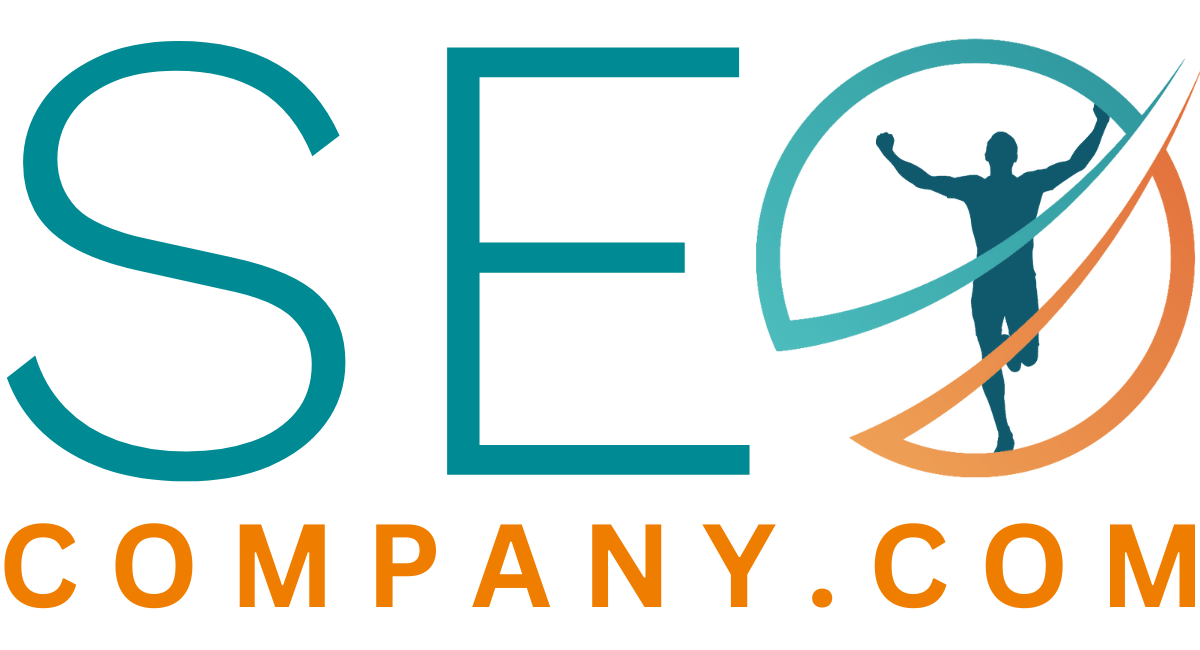
As the digital landscape continues to evolve, the importance of optimizing your Shopify store for search engines cannot be overstated. In this comprehensive guide, we’ll walk you through the essential aspects of Shopify SEO, from domain names and technical SEO to content marketing and link building techniques. This is a critical step to effective e-commerce SEO. By implementing these strategies, you’ll not only improve your store’s search engine rankings, but also attract more organic traffic and increase conversions.
Key Takeaways
- Shopify SEO in 2023 requires setting up a custom domain name, registering with Google and Bing webmaster tools, and creating content for improved visibility.
- Technical aspects such as site structure optimization, crawling/indexing management, keyword research & implementation are essential to success.
- On-page SEO optimization includes title tags & meta descriptions. Product/category descriptions, image optimization, blogging & video reviews. Link building techniques from suppliers/manufacturers/influencers plus Shopify’s helpful apps for maximum efficiency.

Shopify SEO Essentials
Beginning with the basics, it’s of utmost importance to use a custom domain name while also registering your store with Google Search Console and Bing Webmaster Tools. These initial steps will ensure better search engine visibility and indexing and an improved search engine listing preview.
Once you’ve taken care of the basics, you can start to focus on the content.
Custom Domain Name
A custom domain name can significantly increase trust and credibility, leading to better search engine performance and clickthrough rates.
Moreover, incorporating relevant keywords into your domain name and page URL can give your online store a competitive edge in search results.
Google Search Console and Bing Webmaster Tools
Registering your store on Google Search Console and Bing Webmaster Tools is important for effective indexing of your web pages, notifications about technical issues, and accurate indexing through XML sitemap submission.
Submitting a sitemap to Google Search Console helps in the crawling and indexing of your store by search engines, which in turn guarantees visibility of your products and pages in search results.

Technical SEO for Shopify
Technical SEO is a critical component of a successful Shopify SEO strategy. This section will concentrate on enhancing your site structure for an improved user experience and search engine crawling and addressing unique Shopify crawling and indexing challenges.
These challenges include optimizing page speed, setting up redirects, and ensuring that your site is mobile friendly.
Site Structure Optimization
Creating a logical store structure with categories, subcategories, and products enhances user experience and facilitates search engine crawling.
Additionally, including a search box on your Shopify site can help visitors quickly locate the desired item, optimizing the shopping experience and potentially increasing revenue.
Crawling and Indexing
Shopify presents unique SEO challenges related to crawling and indexing, such as adjustments to the robots.txt file, generation of sitemap.xml, and management of duplicate content.
Addressing these issues guarantees your Shopify store is fully indexed by search engines and can be easily discovered by potential customers.

Keyword Research and Implementation
Keyword research is a vital aspect of Shopify SEO, as it helps you identify the terms your target audience uses when searching for products or content like yours. This section will walk you through the steps of identifying target keywords and aligning them to your existing URLs or creating new pages to target specific keywords for improved search engine rankings.
Researching keywords allows you to identify the most popular terms among your target audience for usage, including the target keyword.
Finding Target Keywords
Using keyword research tools, you can:
- Identify relevant keywords based on customer interests and search volume
- Understand the intent behind search queries
- Select the most appropriate keywords to rank for
- Ensure that your content aligns with customer needs
This helps in creating content with a higher likelihood of being found by potential customers.
Mapping Keywords to URLs
With your target keywords identified, the next step is to assign them to existing URLs or create new pages to optimize search engine rankings. This process involves using short and descriptive URLs, avoiding keyword stuffing, and employing canonical tags to prevent duplicate content.

On-Page SEO Optimization
On-page search engine optimization is all about improving the content and structure of your individual web pages to rank higher in search engines and attract more relevant traffic to your search engine results page.
This section will delve into the optimization of title tags, meta descriptions, product and category descriptions, and images for enhanced search engine visibility and user experience.
Title Tags and Meta Descriptions
Optimizing title tags, meta tags, and meta descriptions with target keywords and compelling copy is crucial for improving your search engine rankings and clickthrough rates. Crafting engaging and keyword-rich titles and meta descriptions can make your web pages more appealing to users and search engines, thereby increasing the probability of higher rankings and organic traffic.
Product and Category Descriptions
Writing unique, keyword-rich product and category descriptions enhances search engine visibility and improves user experience. Providing informative and engaging content allows you to demonstrate your expertise and build trust with potential customers, thereby increasing their likelihood of choosing your store over competitors.
Image Optimization
Optimizing images with descriptive file names, alt text, and compressed file sizes can significantly improve your SEO and reduce page loading times.
Alt text, in particular, is a crucial element for both screen readers and search engines, as it helps them understand the content and purpose of your images.

Content Marketing Strategies
Content marketing is essential to a successful Shopify SEO strategy, as it allows you to provide valuable information to your target audience, engage potential customers, and improve search engine rankings.
This part will cover the advantages of blogging and creating product video reviews to draw organic traffic and demonstrate your expertise.
Blogging
Creating informative blog posts targeting relevant keywords can draw targeted search traffic to your store and demonstrate your expertise in your industry.
Consistent publication of high-quality content can enhance your search engine rankings and position your store as a trusted source of information in your niche.
Product Video Reviews
Producing engaging product review videos can help you showcase your products, target popular review keywords, and increase visibility on platforms like YouTube. Collaborating with industry influencers and monitoring unlinked mentions can help in building credibility and trust with potential customers, resulting in increased sales and better search engine rankings.

Link Building Techniques
Establishing a robust link-building strategy is an integral part of SEO, as it aids search engines in assessing your website’s relevance and authority.
This section will delve into different techniques for building high-quality backlinks to your store through supplier/manufacturer links, industry influencers, and mentions.
Supplier/Manufacturer Links
Obtaining backlinks from suppliers or manufacturers by becoming an authorized retailer or partnering with them for promotions can improve your SEO ranking and build trust and credibility with prospective customers.
These links can also provide valuable content that search engines consider when determining the relevance and authority of your online store.
Industry Influencers and Mentions
Collaborating with industry influencers for interviews or guest posts can help you reach a larger audience and benefit from their experience and knowledge in your industry.
Additionally, monitoring unlinked mentions and requesting backlinks from website owners who mention your store can further improve your search engine rankings and credibility.
Shopify SEO Tools and Apps
Utilizing tools like Yoast SEO for Shopify and other helpful apps can enhance your store’s SEO performance and streamline optimization efforts.
This part will discuss the benefits of using these tools and apps for enhancing your store’s content and on-page SEO.
Yoast SEO for Shopify
Yoast SEO for Shopify provides actionable tips and insights to improve your store’s content and optimize on-page SEO, serving as a valuable Shopify SEO guide.
Leveraging the Yoast SEO app allows you to monitor your SEO score and gain insights on enhancing your store’s SEO performance, thereby making your optimization efforts more efficient and effective.
Other Helpful Apps
Several additional Shopify apps are available for SEO, such as image optimization, schema markup, and site backup tools, which can further enhance your store’s search engine performance on other search engines.
Exploring these apps and integrating them into your SEO strategy can optimize various aspects of your store and enhance its overall visibility in search results.
Summary
In conclusion, optimizing your Shopify store for search engines is a multifaceted process involving technical SEO, keyword research, on-page optimization, content marketing, link building, and helpful apps and tools. Implementing the strategies discussed in this comprehensive guide can improve your store’s search engine rankings, attract more organic traffic, and ultimately increase conversions. Now is the time to take action and harness the power of Shopify SEO to grow your online store.

Frequently Asked Questions
Can you do SEO with Shopify?
Shopify stores have built-in SEO features and can be optimized for best practices such as adding alt text to images, creating custom titles and descriptions, and preventing duplicate content from appearing in search results.
Overall, Shopify is generally considered good for SEO.
Is Shopify better for SEO?
Shopify is great for SEO, as it’s easily adjustable, responsive on mobile devices, and offers fast loading speeds.
This makes it a perfect choice for optimizing your online presence.
Is Shopify SEO free?
Shopify offers a range of free SEO tools and applications, allowing website owners to save time and get the visibility they need on search engines.
Therefore, Shopify SEO is free.
What are the essential aspects of Shopify SEO?
The essential aspects of Shopify SEO are technical SEO, keyword research, on-page optimization, content marketing, link building, and the use of helpful apps and tools to optimize website performance.
What is the significance of title tags and meta descriptions in SEO?
Title tags and meta descriptions are essential for SEO success, as they help optimize visibility and clickthrough rates by providing a brief summary of web pages that are relevant to users’ search queries.
